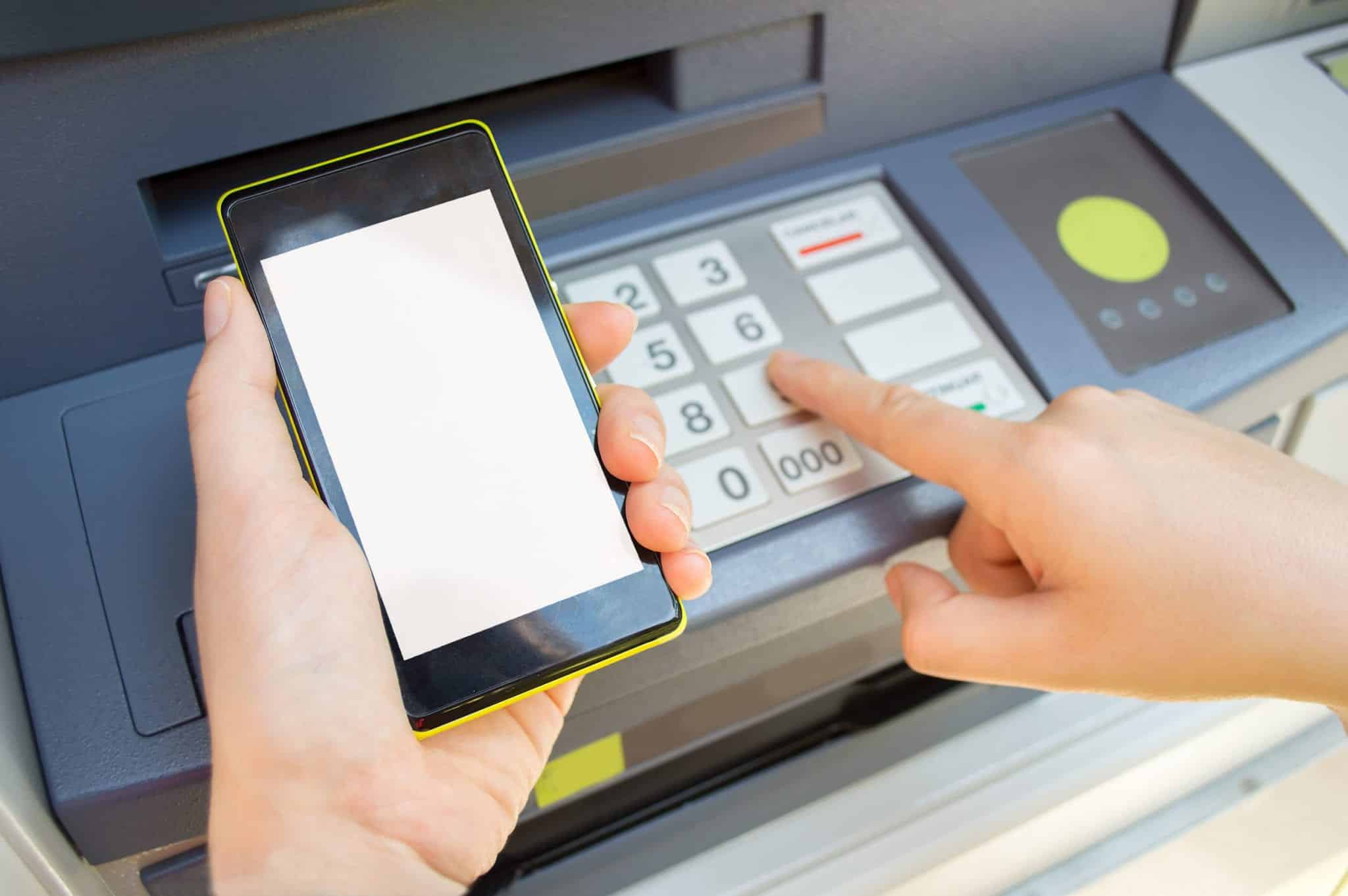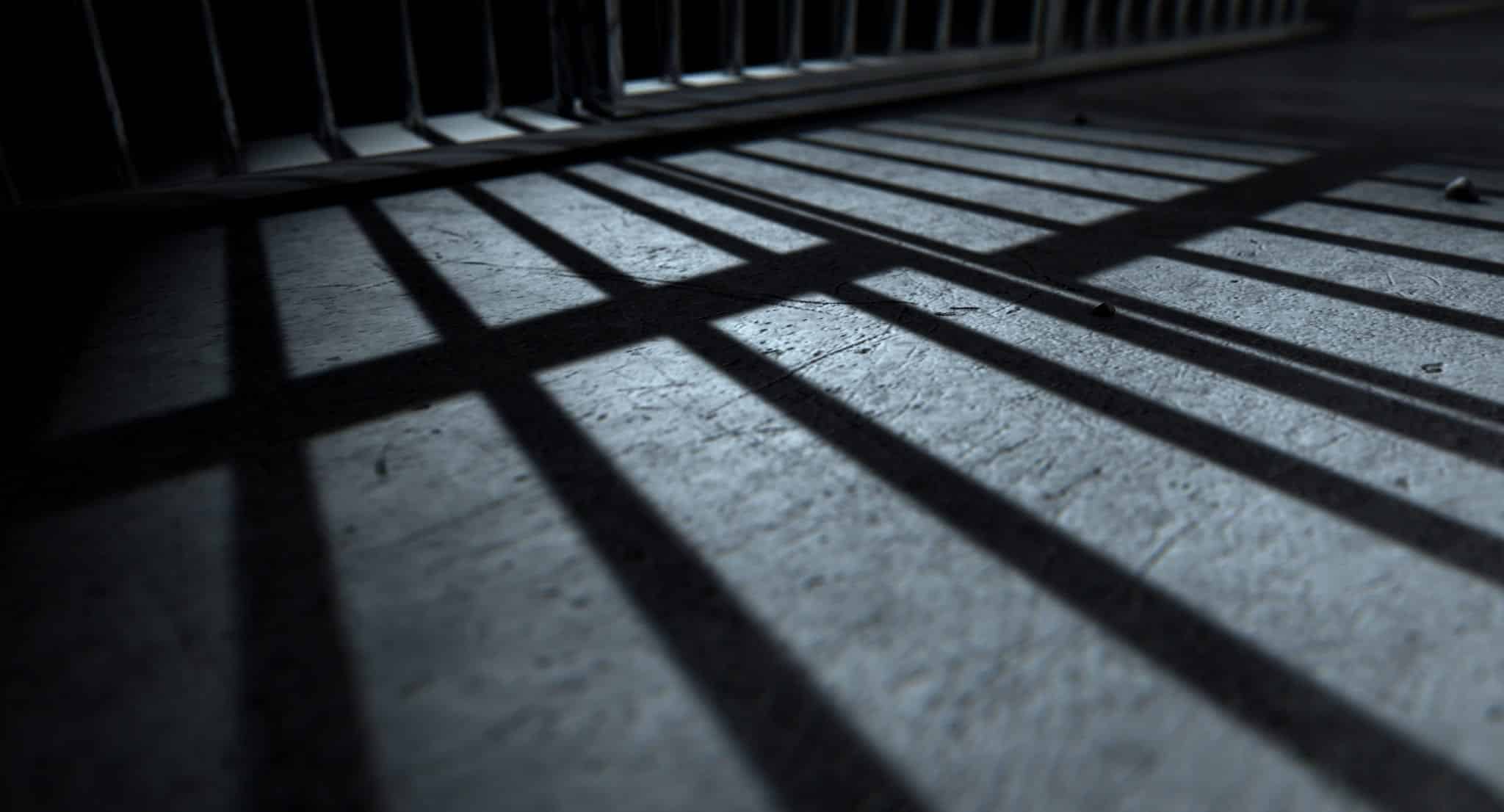
A principal at San Antonio Cash Networks was recently charged with four counts of embezzlement for allegedly stealing from company ATMs.
The defendant allegedly stole $145,000 from four company ATMs in late 2016. The courts are seeking a monetary judgement of $1,084,600, which is based on the proceeds from the defendant’s overall embezzlement scheme. The defendant is being prosecuted at the federal level because he was an employee of a financial institution.
This case illustrates the seriousness of embezzlement charges. Below, we cover state and federal embezzlement laws, and the penalties for violating each.
How Federal Law Defines Embezzlement
Embezzlement is a form of theft, and occurs when the defendant is entrusted to manage or monitor the money or property of another, and steals this property for his or her own financial gain. Depending on the nature of the offense, embezzlement may be prosecuted at either the state or federal level.
Federal embezzlement laws generally cover theft from the federal government or public funds of some kind, or banks that operate under the Federal Reserve Act.
The following forms of embezzlement fall under federal jurisdiction:
- Public money or property. Embezzlement of federal money or property from the federal government, property produced under a contract for the US government.
- Tools for counterfeiting. Embezzlement of tools, stamps, printing devices, or materials for the purpose of creating federal bonds, currency notes, certificates, coupons, or postage stamps.
- Receiving unauthorized deposit of public money. In this form of embezzlement, the defendant receives and keeps public funds that are not owed to them.
- Misuse of public funds. Embezzlement by any person charged with keeping federal money.
- Depositaries failing to safeguard deposits. Embezzlement by an employee of the US treasury or of another federal depository.
- Employees of a bank, lending, or credit organization. Embezzlement by employees of any financial institution operating under the Federal Reserve Act. For example, the principal mentioned above.
- Embezzlement from an employee benefit or health care plan. Embezzling from the employee benefits plan of any employer, or any other health care plan. For example, Medicare.
- Embezzlement of livestock or other property worth $10,000 or more that involves selling the livestock in other states or countries.
The penalty for embezzlement depends on the amount embezzled, and on other circumstances surrounding the offense. If convicted of federal embezzlement charges, you can expect fines of up to $250,000 or twice the amount embezzled, and imprisonment for up to 10 years.
Texas Embezzlement Charges

Forms of embezzlement other than those discussed above fall under Texas state law, and will be prosecuted at the state level. If embezzlement violates both federal and state laws, it may be prosecuted at either the state or federal level, which is left to the discretion of the courts system.
Texas embezzlement sentencing and penalties depend on the amount embezzled:
- Up to $1,500: Misdemeanor; up to one year in jail
- $1,500-$20,000: State jail felony; up to one year in state jail
- $20,000-$100,000: Third degree felony; 2-10 years in prison
- $100,000-$200,000: Second degree felony; 2-20 years in prison
- More than $200,000: First degree felony; 5-99 years in prison
The criminal penalty for Texas embezzlement may be based on the amount embezzled, or based on the standard criminal penalties for each level of offense, which is up to $10,000.
No matter how you are charged, embezzlement is nothing to mess around with, and you need to start fighting back against your charges as soon as possible.



